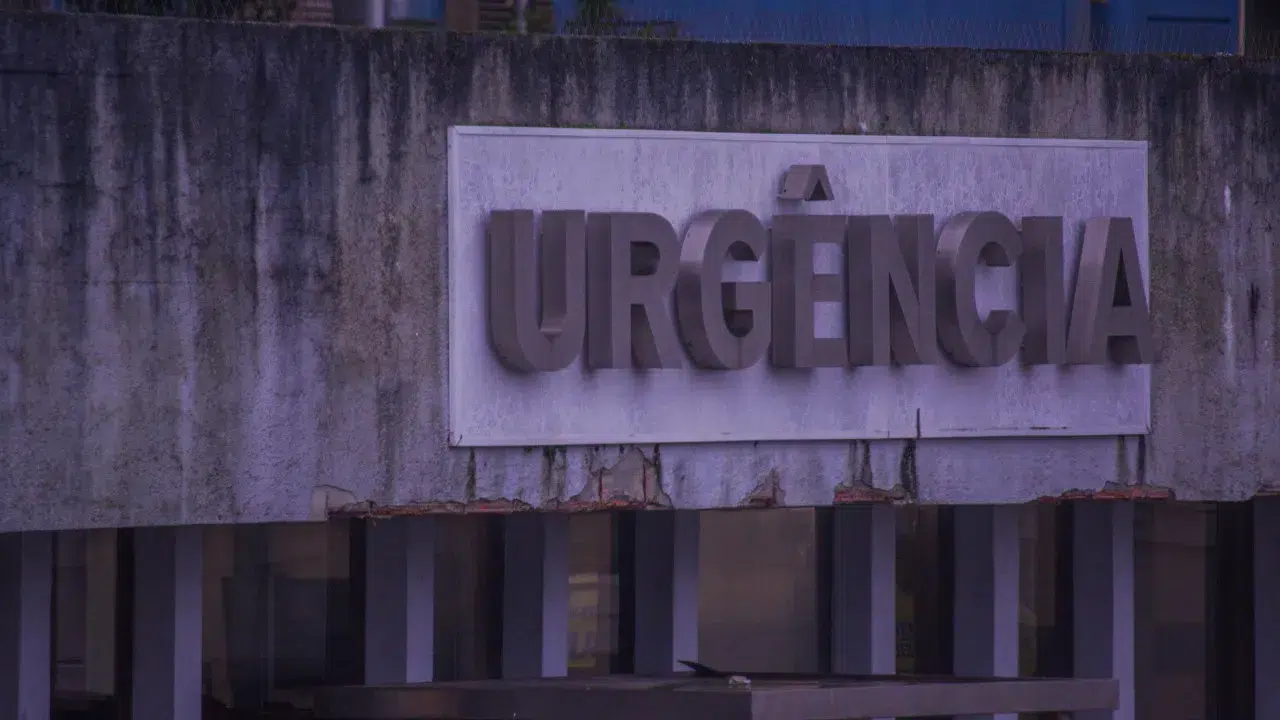The Court of Auditors (TdC) pointed out a number of illegalities in the support granted by the Government of Madeira to companies affected by the covid-19 pandemic, under the Investe RAM credit line.
In an audit report released today, the TdC points out that the protocol that created the general regime of the Investe RAM credit line, “as an independent regulation, insofar as it did not expressly invoke the respective enabling law and was not subject to application under the legal terms”, lacks “validity and legal effectiveness ‘ab initio’ and led to the expenditure generally authorized by the Government Council […] not being legally compliant”.

The TdC also indicates that “the processing of invoices associated with the execution of the credit line (i.e. the subsidies to be paid to financial institutions) did not comply with the provisions of paragraphs 3 and 4 of article 7 and paragraph 2 of article 8 of Decree-Law no. 127/2012 of 21 June, since the expenses were authorized, booked and committed at a later date than the issuance of the invoices”.
The audit of the Investe RAM line aimed to “assess the design and control system of the support granted to companies affected by the pandemic by the Instituto de Desenvolvimento Empresarial, IP-RAM, in 2020 and 2021, as well as compliance with the legality and regularity of the related expenses”, explains the TdC.
The Council of the Regional Government, of the PSD/CDS-PP coalition, created and determined the implementation of this support measure, in the maximum amount of 100 million euros, through resolutions no. 137/2020, of March 27, and no. 219/2020, of April 24, to help the treasury of Madeiran companies affected by the covid-19 pandemic.
According to the audit report, until the end of 2021, “4,881 operations were framed in the three sub-lines created, totaling €94.4 million in financing, predominantly allocated through the Covid I line (€55.2 million) and the Covid II line (€38.1 million), with an associated expenditure close to €200,000 in relation to interest subsidies and guarantee fees, and €14.2 million to reinforce the capital of the Mutual Counter Guarantee Fund”.
The Court of Auditors also states that the Institute for Business Development (IDE) did not report to the Regional Directorate for Budget and Treasury the liabilities (366.4 thousand euros in 2020 and 1.87 million euros in 2021) and accounts payable (35.6 thousand euros in 2020 and 2021), associated with the “Investe RAM Covid-19 Credit Line”.

Consequently, “the Regional Government did not report these elements to the competent national authorities”.
In addition, underlines the TdC, the internal control system associated with the Investe RAM line “revealed weaknesses in the controls and procedures implemented, which led to the Institute for Business Development not making the timely payment of the subsidies due”.
The situation created “constraints for the beneficiaries of the credit line”.
In the conclusions of the audit report, the court also highlights that the FDI drew up the Corruption and Related Offenses Risk Management Plan in 2015, “but only produced the corresponding implementation reports for the years 2019 to 2021”.
The TdC therefore recommends to the members of the Regional Government Council that, “when considering proposals / draft regulations as defined in Article 135 of the Code of Administrative Procedure, ensure that the services of the Regional Public Administration have previously complied with the legally applicable procedures”.
The express indication of the enabling legislation and the official publication of the regulations are requested under the terms required by the Constitution of the Portuguese Republic and Articles 136 et seq. of the Code of Administrative Procedure.
The report also makes recommendations to the FDI, including the adoption of procedures to ensure compliance with the “legal deadlines for verification and validation of support”, as well as the “legal rules on the assumption, authorization and payment of public expenditure”.
http://www.portugalpulse.com/golden-visa-a-golden-opportunity-for-investors-2023/







